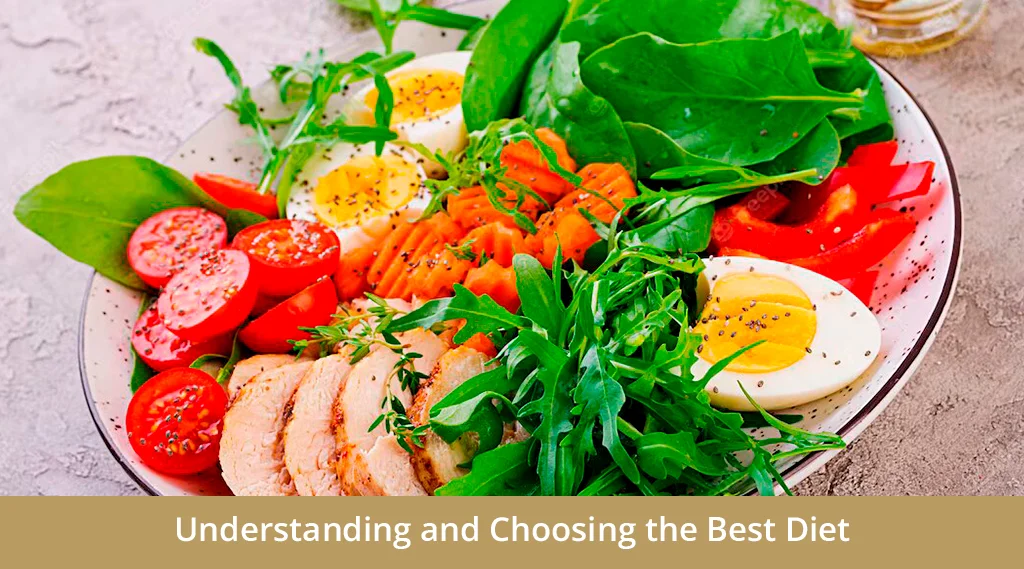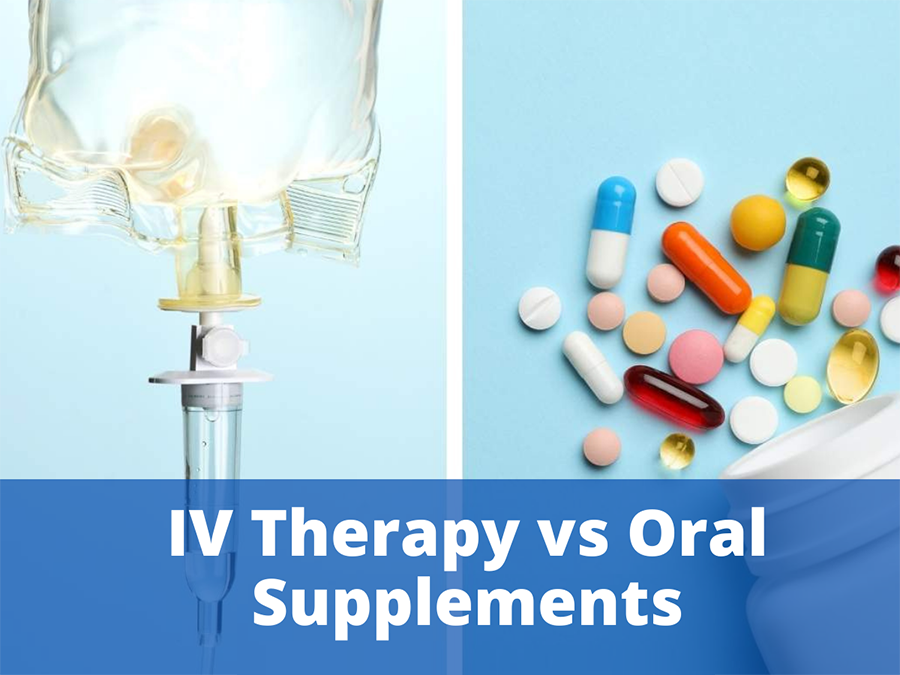
What's the best diet?
The best diet is the one that allows you to lose weight and maintain it without harming your health and the one that you can execute. The ideal one is a diet which is not too restrictive and can lead the individual to a dietary re-education to educate the individual to eat well, not gain weight again, prevent illnesses and give the patient a better quality of life.
How do I know what kind of diet I need to follow to have these effects mentioned with so many choices and so much information? Low carb, keto, vegan, Mediterranean, detox, Atkins, etc.…?
It is important to remember that every diet should meet your needs as an individual respecting the moment that you are in life. We are all individuals with different needs so there is no “one size fits all diet plan”.
Weekly or fortnightly follow-up with a specialist during the change process is very important and proves to be more efficient. The structure of a support network helps discipline the implementation of new habits.
What is important for success on all diets in general:
- Consume large amounts of fresh vegetables and salads
- Opt for lean proteins and fish consumption 2x a week
- Prioritize monounsaturated and polyunsaturated fats
- Limit consumption of saturated fats to maintain
- Increase muscle mass with physical activity
- Avoid all types of fast food
- Have discipline
The guidance of a professional is essential during this process who will evaluate:
- Your biochemical individuality, which includes specific nutritional needs, genetic load and lifestyle
- Your customs and values in relation to food
- Your daily routine
- Your wants and desires
Every change in a diet can bring a series of changes in the body, especially when it comes to a low-calorie diet. As a result, some symptoms and health problems arise that reduce the quality of life, for this and other reasons it is important to seek an expert. In short, when visiting a specialist, you will be able to understand what is suitable or not suitable for you.
In addition, following a healthy diet doesn't mean starving yourself or eating only vegetables. Restrictive diets are so aggressive to the body that they can generate side effects for many years, even after the person abandons this type of method.
Below are three important changes, from a physical point of view, generated by the methods of radical restrictions.
Restrictive diets:
-Increase appetite
-Decrease metabolism
-Contribute to rapid weight again
It is very important that you seek help from a professional when starting any diet so that you can maintain the diet safely and achieve results without falling into any dangerous habits and endure any health risks.
Recent Posts
-

Anti-Aging IV Drip Therapy Benefits and How It Works
Ageing is a natural biological process that affects every living organism over time. As humas, when we age, cellular repair slows down, hydration levels decrease, oxidative stress increases, and essential nutrient absorption becomes less efficient.
January 24, 2026 -

IV Therapy vs Oral Supplements: Which Is More Effective?
Many people take daily supplements because they feel like a part of their routine, but the body does not process every tablet the way anyone expects or believes it does. Some days, absorption can be steady; other days, it can't be guaranteed, for reasons that have little to do with the dose itself... Read more
January 21, 2026 -

Types of STD Tests: Blood, Urine, Swab and Rapid Tests Explained
STD testing is considered essential for early detection, accurate diagnosis, and effective treatment of sexually transmitted infections. Many STDs show little or no symptoms, making regular screening an important part of sexual health and wellbeing ... Read more
January 16, 2026 -

How Modern Labs Detect STDs: The Science Behind the Tests
Sexually transmitted infections can often stay silently in the body, sometimes creating subtle changes that leave a person uncertain about what is happening. Modern diagnostics and STD/ STI lab tests help bring clarity by studying tiny pathogens that the body is being exposed to long before it becomes an actual health risk.
January 06, 2026 -

Multivitamin IV Drip: How Beneficial Are They?
A Multivitamin IV Drip is a sterile infusion that combines nutrients such as vitamin C, B-complex vitamins, magnesium, and calcium in a balanced, hydrating solution. At Health Call, this popular treatment is used to support overall hydration ...
December 10, 2025




